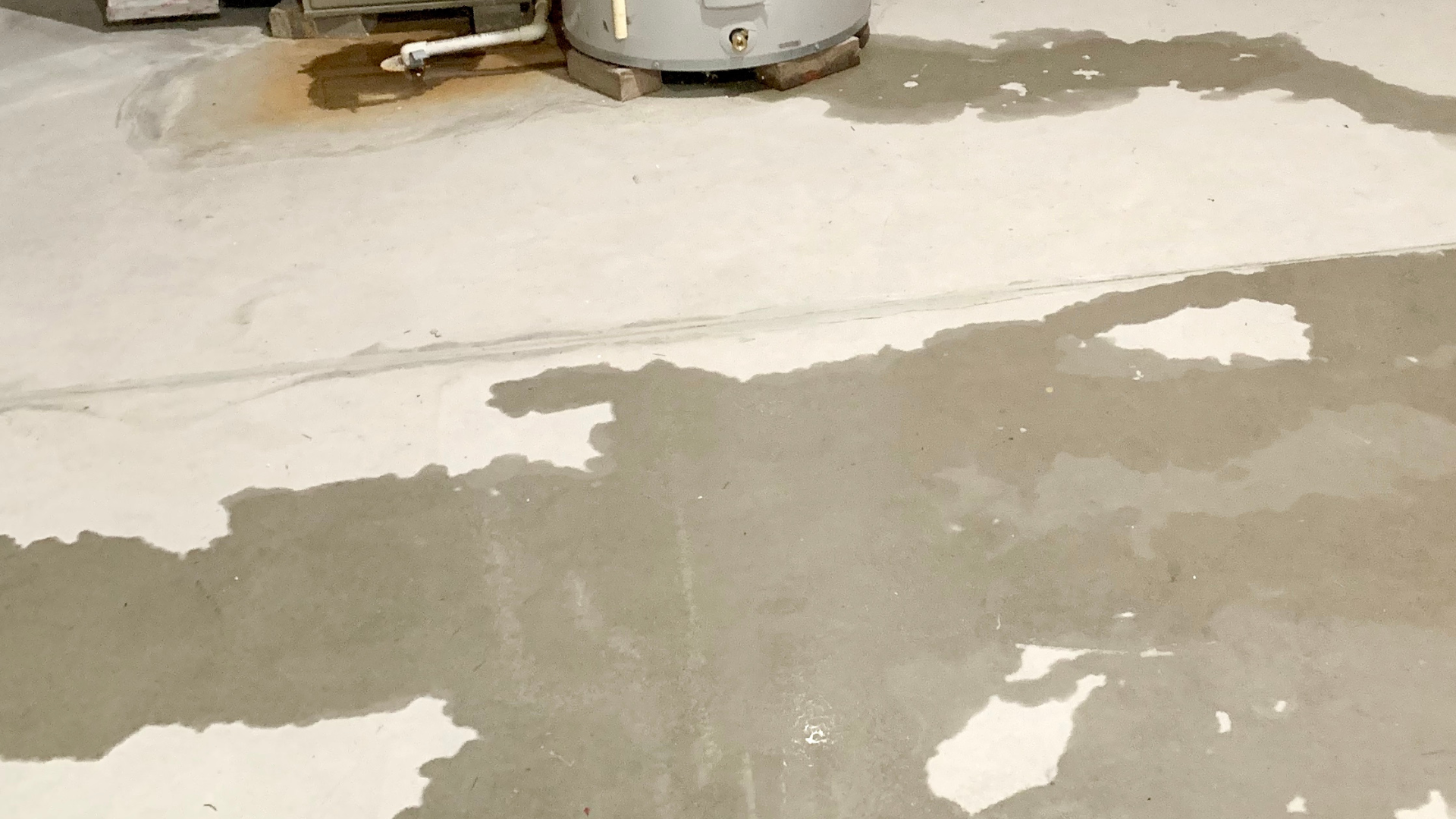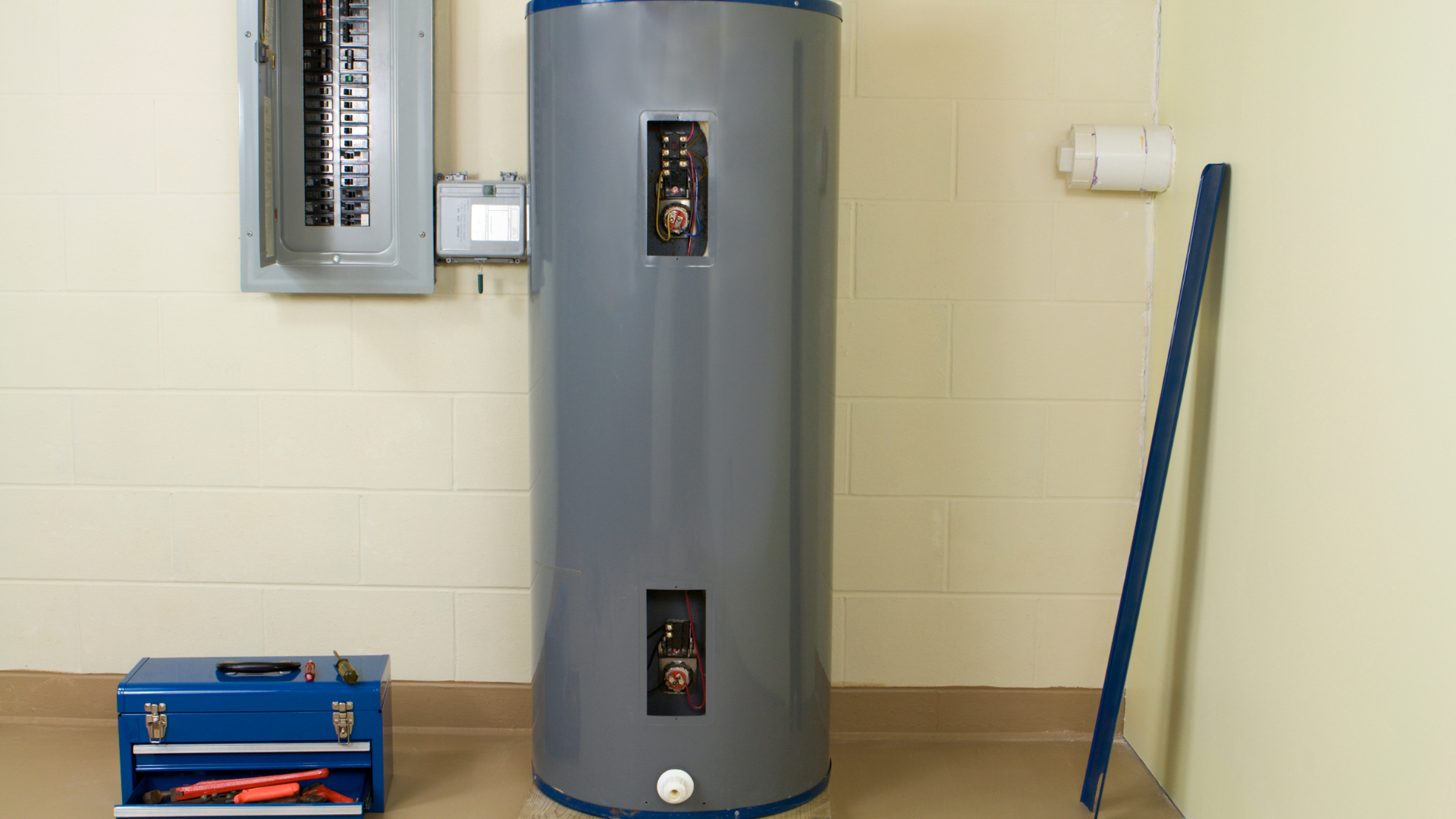Tennessee
Your Tennessee Home Project: Understanding Licensing, Sales Tax, and Verification

Planning a home improvement project in Tennessee involves navigating specific state-level licensing requirements for contractors and understanding how sales tax applies. Tennessee has a detailed system managed by the Department of Commerce and Insurance, designed to protect consumers and ensure qualified professionals. Knowing these details is crucial for a smooth and compliant project.
Contractor Licensing in Tennessee: Thresholds and Classifications
In Tennessee, the Board for Licensing Contractors, under the Department of Commerce and Insurance (TDCI), governs most contractor licensing. The specific license required depends on the total project value.
Here's a breakdown of the key licensing thresholds and classifications:
- Projects $25,000 and Over:
- For projects with a total value of $25,000 or more, a state-issued General Contractor License is required. These licenses are categorized by the type of work:
- Residential (BC-A): For building, repairing, remodeling, and improving residential properties (typically three stories or less).
- Limited Residential (BC-A/r): Allows work on single-family homes only, with a project limit of up to $125,000. This is the only license that does not require passing a trade exam.
- Commercial (BC-B) / Small Commercial (BC-b(sm)): For commercial properties, with Small Commercial limited to projects under $750,000.
- Building Combined (BC): The most comprehensive license, covering all types of residential, commercial, or industrial projects and most building categories.
- Requirements for these licenses often include:
- Passing the Tennessee Business and Law exam.
- Passing a trade-specific exam (except for BC-A/r).
- Submitting a financial statement prepared by a CPA.
- Providing proof of general liability insurance (minimum $100,000 to $1,000,000, depending on license monetary limit) and worker's compensation insurance (if applicable).
- Providing references.
- Registering the business entity with the Tennessee Secretary of State.
- Home Improvement Projects between $3,000 and $24,999:
- In certain Tennessee counties (including Bradley, Davidson, Hamilton, Haywood, Knox, Marion, Robertson, Rutherford, and Shelby), a separate Home Improvement License is required for remodeling projects within this price range.
- Requirements for this license include:
- A $10,000 surety bond, cash bond, property bond, or irrevocable letter of credit.
- General liability insurance with a minimum coverage of $100,000.
- Proof of workers' compensation insurance (if applicable).
- Submission of a sample consumer contract.
- Disclosure of criminal history, business history, and complaint/judgment history.
- Demonstrating contractor experience.
- Projects Under $3,000:
- Generally, no state-level contractor license or home improvement license is required for projects under $3,000. However, local permits may still apply.
- Trade-Specific Licenses:
- Some specific trades, like plumbing and electrical, have separate statewide licensing requirements through the TDCI as well, regardless of project value. These individuals must hold appropriate licenses (e.g., Master Electrician, Journeyman Plumber).
Sales Tax on Home Service Projects in Tennessee
Tennessee has a state sales and use tax rate of 7%. In addition to this, local sales taxes can apply, with county rates up to 2.75% and single article rates up to 2.75%, often bringing the combined rate to over 9% in some areas.
Here's how sales tax generally applies to home service projects in Tennessee:
- Contractors as Consumers (Most Common for Real Property Improvements):
- In Tennessee, contractors who perform services that result in an improvement to "real property" (your home or land) are generally considered the "users and consumers" of the materials, supplies, and taxable services they use in the performance of their contract.
- This means the contractor pays sales or use tax when they purchase materials from their suppliers.
- The contractor generally DOES NOT charge you, the homeowner, sales tax on the final contract price (including both materials and labor) for the finished improvement to real property. The sales tax on the materials is already built into the contractor's cost. This applies to most construction, remodeling, and repair activities that permanently enhance the property.
- Taxable Repair and Installation Services of Tangible Personal Property:
- Sales tax does apply to charges for services that involve the repair, alteration, or installation of "tangible personal property" that remains tangible personal property after the service.
- For example, repairing a freestanding appliance, installing new blinds that are easily removable, or servicing a non-attached piece of equipment could fall into this category, where both the parts and labor would be taxable.
- Contractor-Dealers:
- Some entities act as both contractors and retailers (e.g., a flooring company that sells flooring and installs it). If they sell items without installation, they collect sales tax. If they install, the "contractor as consumer" rule generally applies for the installed real property.
- If a contractor-dealer uses a resale certificate to purchase materials tax-free, they are then responsible for remitting use tax on those materials when they withdraw them from inventory for use in a real property contract.
It's essential to get a clear, written agreement that details how sales tax is handled. If you have any questions about specific tax applications, consulting the Tennessee Department of Revenue is advisable.
How to Verify Licensing in Tennessee
Verifying a contractor's license in Tennessee is a straightforward process through the official state agencies.
Tennessee Department of Commerce and Insurance (TDCI) - Board for Licensing Contractors:
- This is the primary resource for verifying General Contractor Licenses (for projects $25,000+) and Home Improvement Licenses (for projects $3,000-$24,999 in specific counties).
- The TDCI provides an online "License Search and Verification" tool. You can typically search by license number, company name, or individual name.
- The search results will show the license status (active, expired, etc.), classification, monetary limits, and any disciplinary actions.
- TDCI License Search: Search "Tennessee TDCI license search" or navigate to the Board for Licensing Contractors section on their official website.
Tennessee Secretary of State - Business Entity Search:
- Any legitimate contractor operating as a business in Tennessee should be registered with the Tennessee Secretary of State. This verifies their legal business status.
- Tennessee Business Entity Search: https://tncab.tnsos.gov/business-entity-search (or search "Tennessee Secretary of State business search")
Proof of Insurance and Bonding:
- While the license lookup confirms the requirement, always request a Certificate of Insurance (COI) directly from the contractor's insurance provider. This document will detail their specific coverage limits for general liability and, if they have employees, workers' compensation insurance.
- For Home Improvement Contractors, also request proof of their $10,000 surety bond or other financial security.
Local City/County Building Departments:
- Even with state licenses, always contact your local city or county building department to inquire about any specific local permitting requirements for your project. They can confirm what permits are needed and whether the contractor is authorized to work in their jurisdiction.
By diligently checking these credentials, you can significantly reduce your risk and ensure you're working with a legitimate and qualified professional for your Tennessee home project.
Sources and Resources:
- Tennessee Department of Commerce and Insurance (TDCI) - Board for Licensing Contractors:
- Official Website: www.tn.gov/commerce/regboards/contractors.html
- License Search and Verification: Search "Tennessee TDCI license search" to find their online tool.
- Information on Home Improvement Contractors: Look for "Home Improvement License" details on their site.
- Tennessee Department of Revenue:
- Official Website: www.tn.gov/revenue
- SUT-21 - Sales and Use Tax for Contractors - Overview: https://revenue.support.tn.gov/hc/en-us/articles/360058171112-SUT-21-Sales-and-Use-Tax-for-Contractors-Overview (Essential for sales tax application)
- Search their site for other sales and use tax publications related to construction.
- Tennessee Secretary of State:
- Business Entity Search: https://tncab.tnsos.gov/business-entity-search
Click Another Article to Read More










